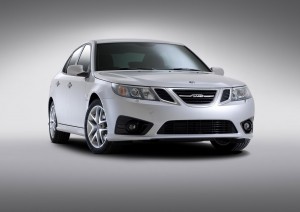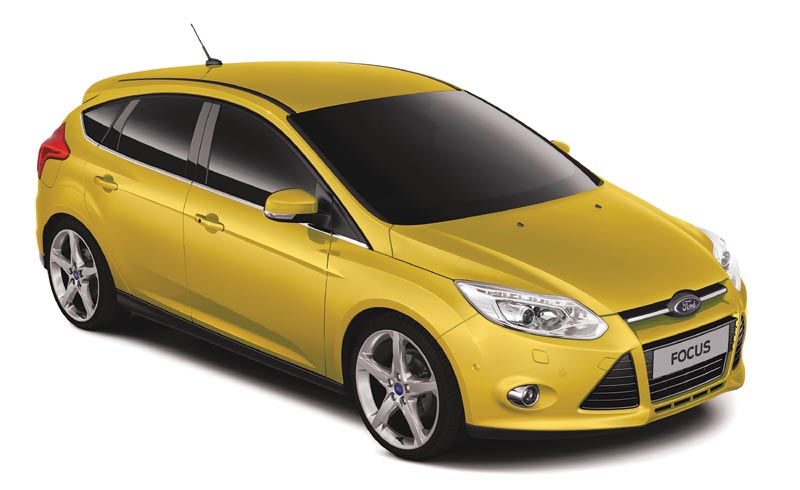 Many of you may have faced a dilemma between wanting to buy a car or leasing one. The solution depends entirely on your lifestyle, financial situation and your priorities. There are both advantages and disadvantages to both options, however.
Many of you may have faced a dilemma between wanting to buy a car or leasing one. The solution depends entirely on your lifestyle, financial situation and your priorities. There are both advantages and disadvantages to both options, however.
Pros and cons of leasing
When you lease a car, the payment you need to make on a monthly basis is lower than what you would pay if you had to buy one. If you need to have more money monthly in terms of cash flow, leasing is more favorable. The down payment you need to make when you lease a car is lower than that of buying. You can even manage a waiver of down payment. Even your sales tax payments on lease are lower. Leasing doesn’t make a huge dent on your cash remainder or balance.
The other advantage of leasing a car is that you have the option of driving a better/expensive car with less monthly spending. Also, the cost of repairs comes down, because when you have a lease for three years, the warranty covers all repairs and maintenance.
Leasing seems to be an affordable option initially, but it does not build any equity. When you opt to lease, you would need to start again after every three-year period. The advantage is that you can keep picking new cars.
You won’t own the car
The disadvantage of leasing a car, the biggest negative aspect, is that you don’t own it at the end of your lease period. Leasing could tend to be more of a drain on your wallet over an extended period. The mileage is also fixed to a stipulated amount, could be 12,000 to 15,000 miles annually. The extra miles need to be paid for, at the end of the lease period.
A lease should not be your choice if you are a driver who tends to get scratches, dents or bumps often, or takes your car out in rough terrains. The wear and tear costs would only mount, although it depends on the terms of your lease agreement.
When the car is all yours
When you buy a car, you can always claim that the car is your own, and you can modify the car according to your whims and fancies. There is no hassle of dealing with penalties for additional mileage, either. When you own a car, there is the option of selling it too, whenever you choose to.
The one major difference between buying and leasing is that with the latter, you pay a price over a lifetime in order to avoid higher monthly payments while with buying, you pay higher monthly payments, but not for ever.

Buying vs leasing
When the costs of owning vs leasing are compared, based on a car that is worth, for example, $20,000 with a three-year loan period or a lease at a six per cent interest, the results were as follows:
After five years, the cost of ownership is slightly more than that of leasing. Including down payment, a monthly payment, insurance, taxes, state charges, interest, among others, the ownership comes at a price of $32,388 for a period of five years. Leasing under the same set of circumstances and yardsticks adds up to $32,140 for the same five years.
Ten years later…
This scenario changes for a ten-year period. After ten years, to own a car, you would have spent $43,000. The leasing charges would have come up to over $64,000. When you buy, after ten years of owning a car, the insurance would have come down, the maintenance would have gone up, but you would have stopped paying monthly instalments. When it comes to a lease, the monthly payments continue. The verdict is that buying is more effective if you maintain your car and hang on to it over a long period of time.
